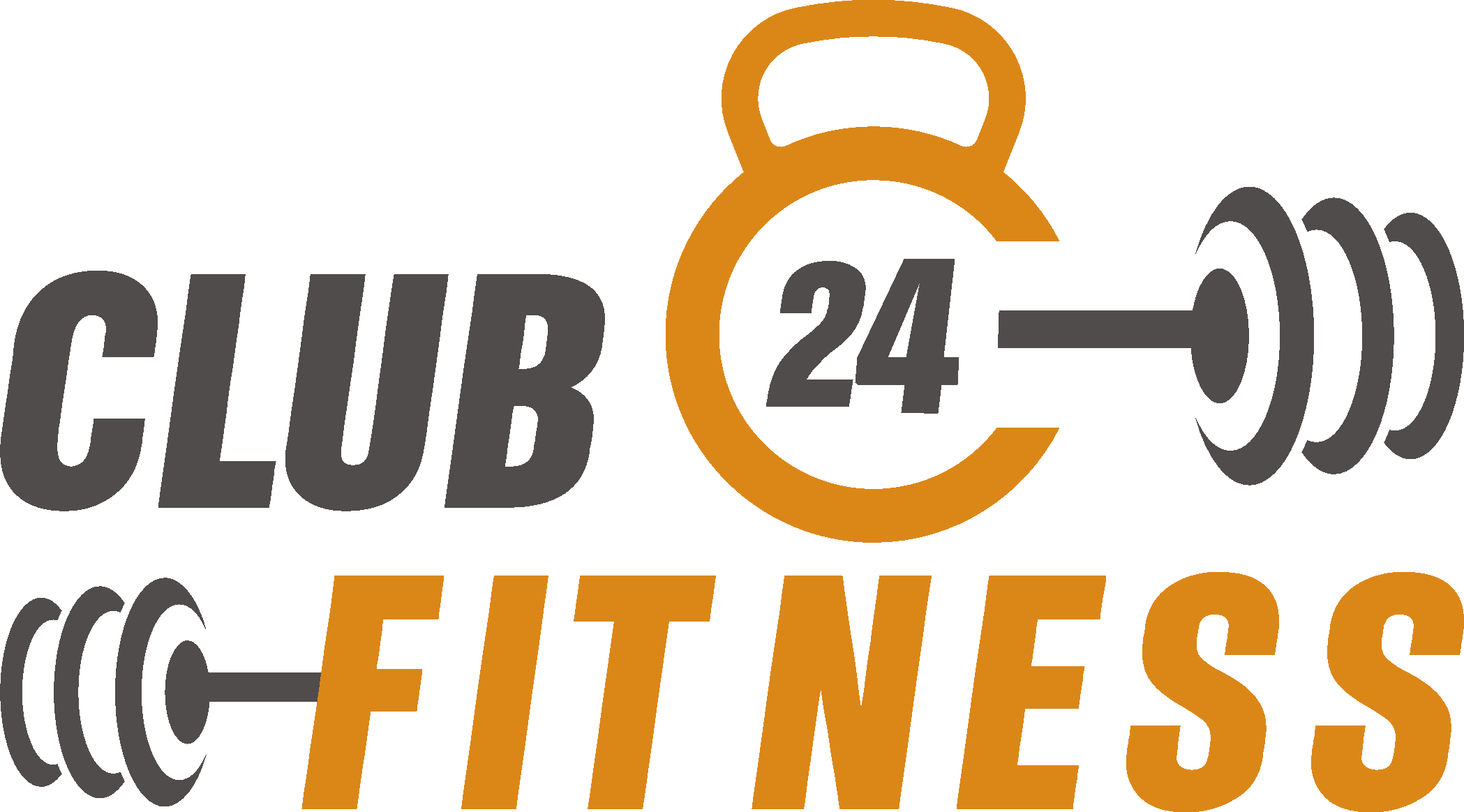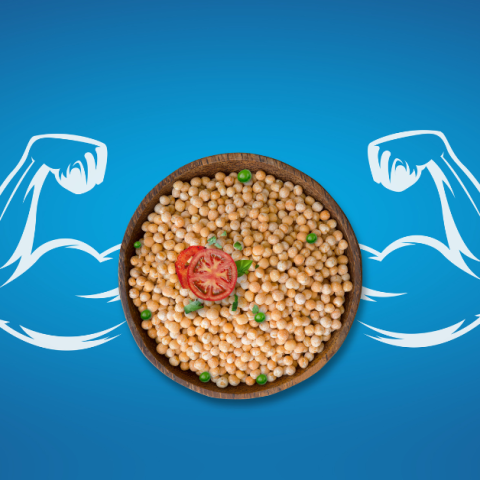In today’s fast-paced world, where time is a luxury, and convenience often takes precedence over health, it’s crucial to understand the profound impact of food and nutrition on our well-being. This article will delve into the intricate relationship between what we eat and how it affects our health. From exploring the basics of nutrition to addressing common misconceptions and providing practical tips, we’ll navigate the world of food and its profound implications for our overall well-being.
How Food and Nutrition Impact on Health
- We begin our journey by examining the core question: How does food and nutrition impact on health? This fundamental query forms the cornerstone of our exploration.
- When we speak of food and nutrition, we are not merely referring to satisfying our hunger pangs. Food is the fuel that powers our bodies, and nutrition is the science that guides us in making the best choices for optimal health. Let’s break down this complex relationship into key aspects.
ReadMore: Why Nutrition is Important for Fitness?
The Role of Nutrients
Nutrients are the building blocks of life. They are the vitamins, minerals, carbohydrates, proteins, and fats that make up the foods we consume. Each nutrient plays a unique role in our bodies, and deficiencies or excesses can lead to a wide range of health issues.
Balancing Act: Calories vs. Nutrition
In today’s calorie-conscious society, it’s easy to focus solely on the number of calories consumed. However, the source of those calories is equally important. A diet high in empty calories from sugary drinks and processed foods may lead to weight gain and health problems, even if you’re within your daily calorie limit.
ReadMore: Discover the Most Nutritious Vegetables – Boost Your Health Now!
The Gut Microbiome Connection
Recent research has shed light on the importance of the gut microbiome—the community of microorganisms living in our digestive system. A healthy microbiome is crucial for proper digestion, nutrient absorption, and even mental health.
Food and Chronic Diseases
It’s no secret that poor dietary choices are linked to the rise in chronic diseases such as obesity, diabetes, and heart disease. Understanding these connections can empower individuals to make healthier choices.
The Psychological Aspect
Food isn’t just about physical nourishment; it also has a profound impact on our mental and emotional well-being. Emotional eating and the connection between diet and mood are fascinating areas of study.
The Role of Genetics
Our genetic makeup can influence how our bodies respond to different types of food. Understanding your genetic predispositions can help tailor a nutrition plan that suits your individual needs.
Common Misconceptions
In our quest for better health, it’s essential to dispel common misconceptions about food and nutrition. Let’s address some of these myths:
Myth 1: All Fats Are Bad
Not all fats are created equal. While saturated and trans fats can be harmful in excess, healthy fats like those found in avocados and nuts are essential for our health.
Myth 2: Carbs Are the Enemy
Carbohydrates are our bodies’ main source of energy. The key is to choose complex carbohydrates like whole grains and vegetables over simple sugars.
Myth 3: Skipping Meals Aids Weight Loss
- Skipping meals might actually slow down your metabolism and contribute to overeating later in the day. It’s better to focus on balanced, regular meals.
- Supplements Can Be Used in Place of a Healthy Diet A Healthy Diet Can Be Replaced by Supplements
- While supplements have their place, they can’t replicate the full spectrum of nutrients found in whole foods. A well-rounded diet should be the priority.
Myth 5: Eating late at night contributes to weight gain
Weight gain is more about the total calories consumed throughout the day than the timing of your meals. Late-night snacking is only problematic if it leads to excess calorie intake.
Myth 6: It’s Too Late to Change Your Diet
It’s never too late to make healthier choices. Small, gradual changes in your diet can have a significant impact on your long-term health.
Conclusion
- In conclusion, the impact of food and nutrition on health cannot be overstated. It is a complex interplay of nutrients, lifestyle choices, and individual factors that collectively shape our well-being. By understanding the fundamentals of nutrition, dispelling myths, and making informed choices, we can embark on a journey toward a healthier and happier life.
- Remember, your health is an investment, and the choices you make at the dinner table today can shape your future. So, let’s savor each bite, make conscious choices, and nourish our bodies for a vibrant and fulfilling life.
FAQ
Are there foods that can boost my immune system?
Yes, foods rich in vitamins and antioxidants can bolster your immune system.
Can food really affect my mood?
Yes, certain foods can influence your mood by affecting neurotransmitter levels in your brain.
How can I improve my gut health?
Incorporate probiotic-rich foods like yogurt and fermented foods into your diet.







